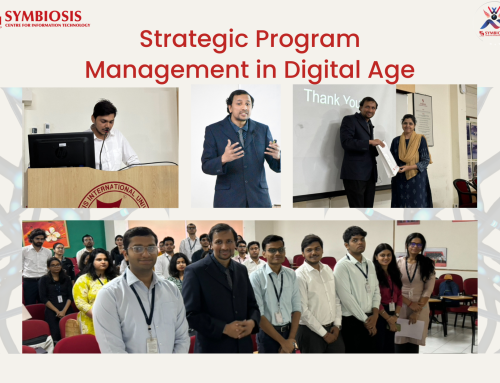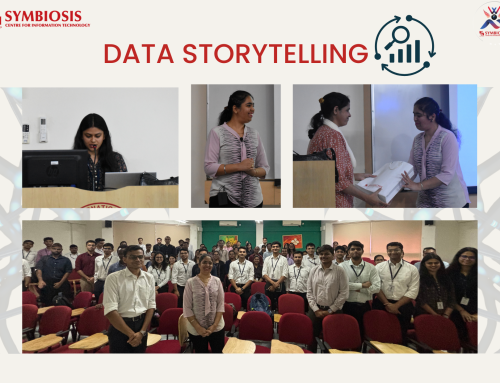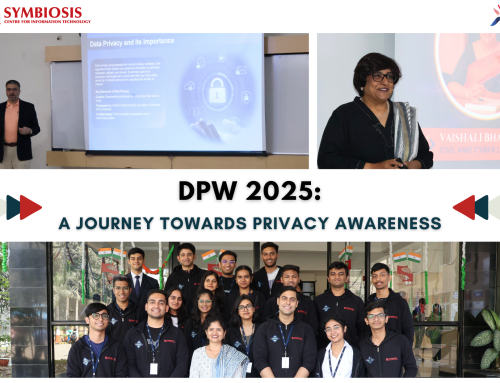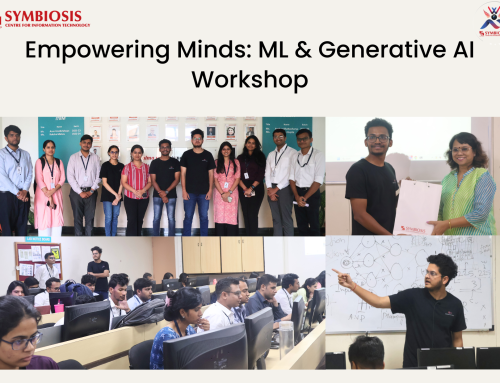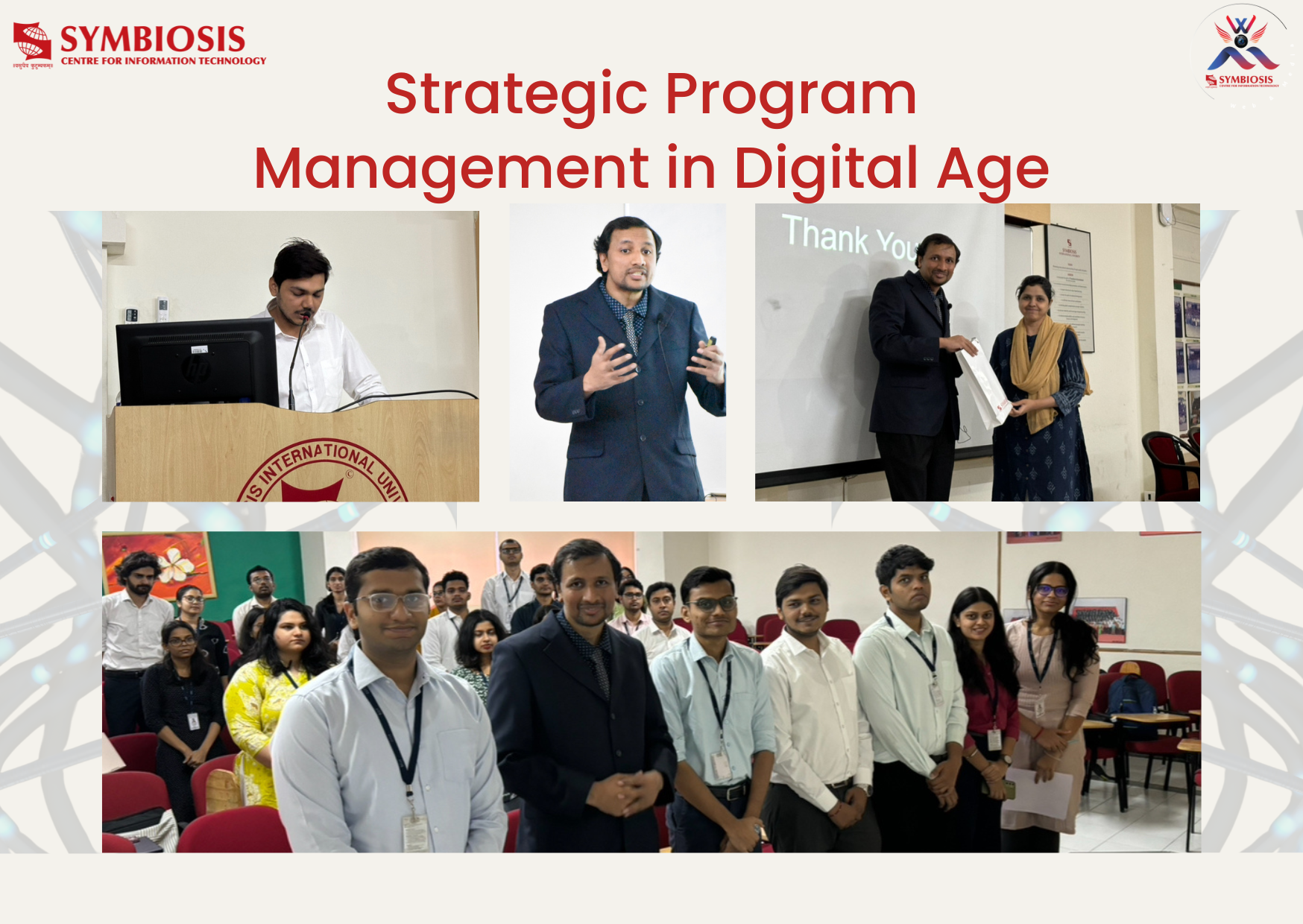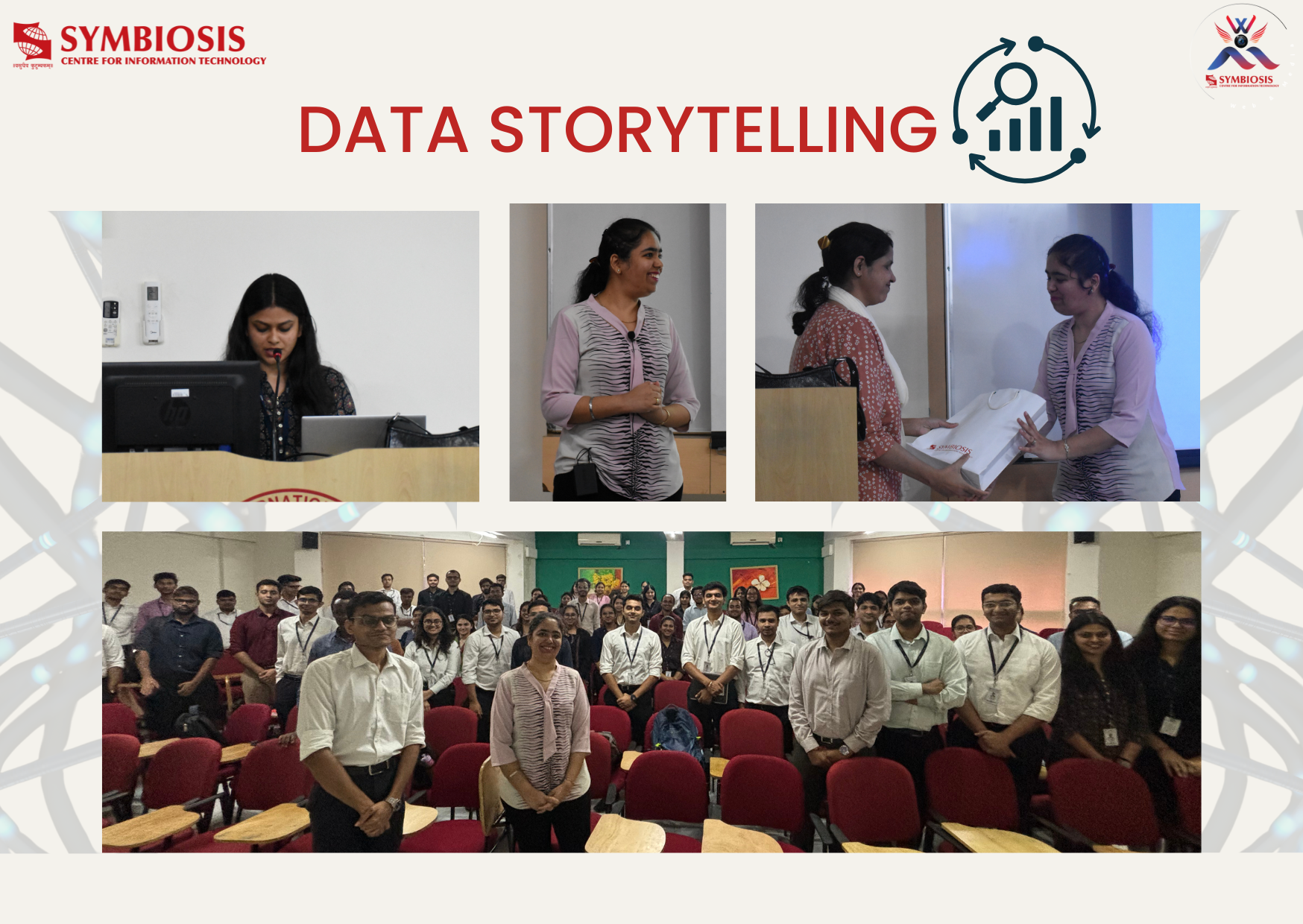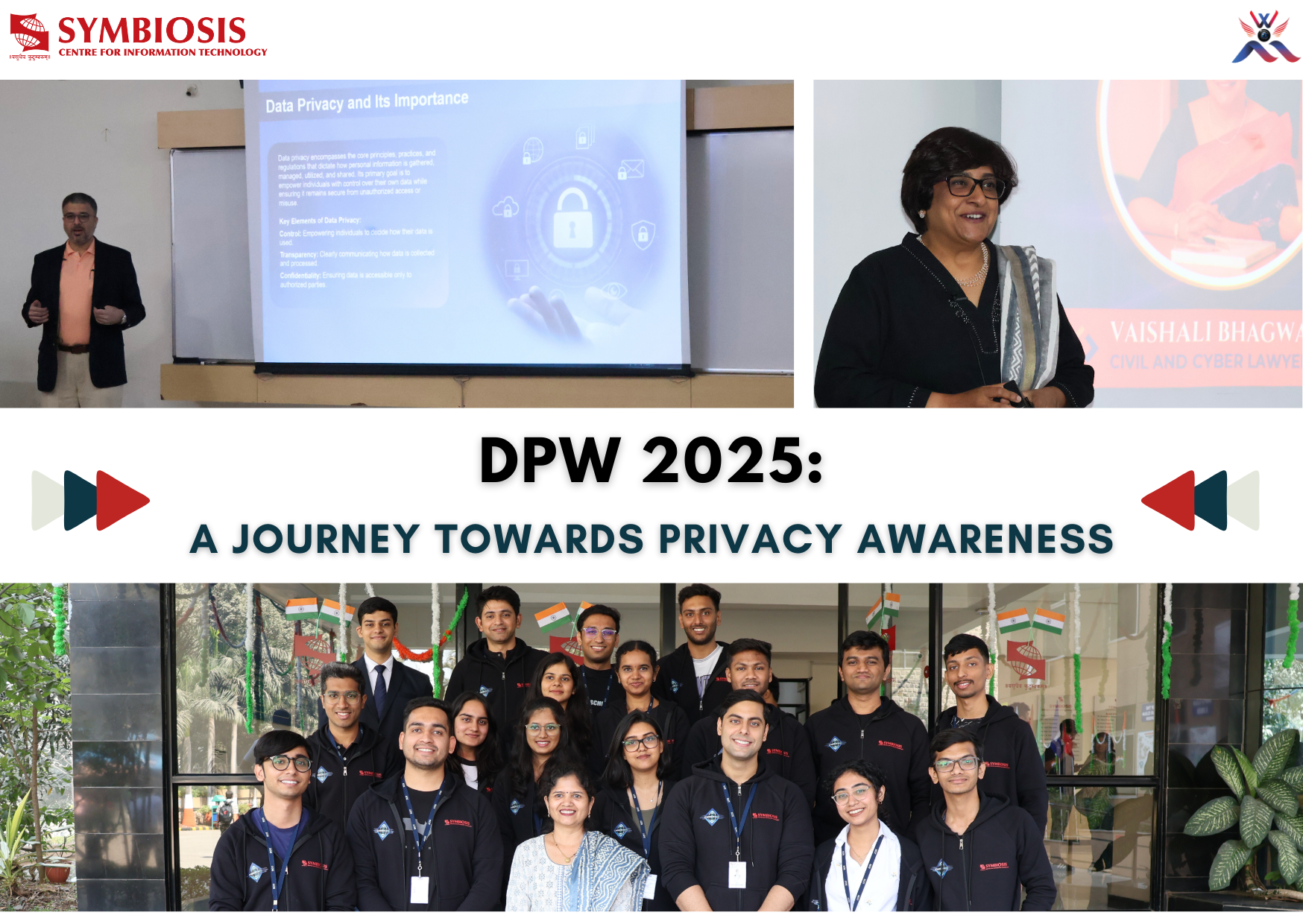Attitude Towards HIV

While our economy has grown rapidly in the last decade, our health system has been facing enormous challenges mainly due to lack of education, unequal distribution of wealth and lack of access to primary health care for both urban and rural poor. Tackling Acquired Immunodeficiency Syndrome (AIDS) is one of the most challenging issues prevalent in the modern world. An estimated 34 million people are HIV positive in the world of which an estimated total of 2.5 million are in India, the numbers are only increasing.
In India, Human immunodeficiency Virus (HIV) related stigma has been a major barrier in fighting AIDS. People who are HIV positive are discriminated against and are often considered immoral by the ones who don’t have their facts right. People living with HIV/AIDS are often shunned by their families and are mistreated by the public in general which makes their lives even more miserable. They tend to avoid socializing which results in psychological problems which eventually leads to the lack of desire to live. At times people are afraid of accepting their condition and getting treated due to the fear of rejection and discrimination by their family and the society. Stigmatization has made people hesitant to get tested for HIV/AIDS. Therefore, there is always a chance that the ones who are affected can spread it further due to the lack of precautionary measures. HIV positive people can be treated and can be prevented from getting AIDS with the help of various antiretroviral (ARV) drugs which suppresses the growth of HIV within the human body.
We, the youth of the nation, should help in spreading awareness about HIV/AIDS. Educating people about HIV/AIDS is very important in order to prevent AIDS from spreading. HIV transmission spreads commonly through sexual contact, exposure to bodily fluids or tissues and from mother to child during pregnancy, delivery, or breastfeeding. There is no risk of acquiring HIV if exposed to feces, nasal secretions, saliva, sputum, sweat, tears, urine, or vomit unless these are contaminated with blood. As we are lucky enough to be educated, it’s our responsibility to make this world a better place to live in. People living with HIV/AIDS need our empathy more than our sympathy. For an AIDS free world!
Tony James,
MBA-ITBM(2013-15)

